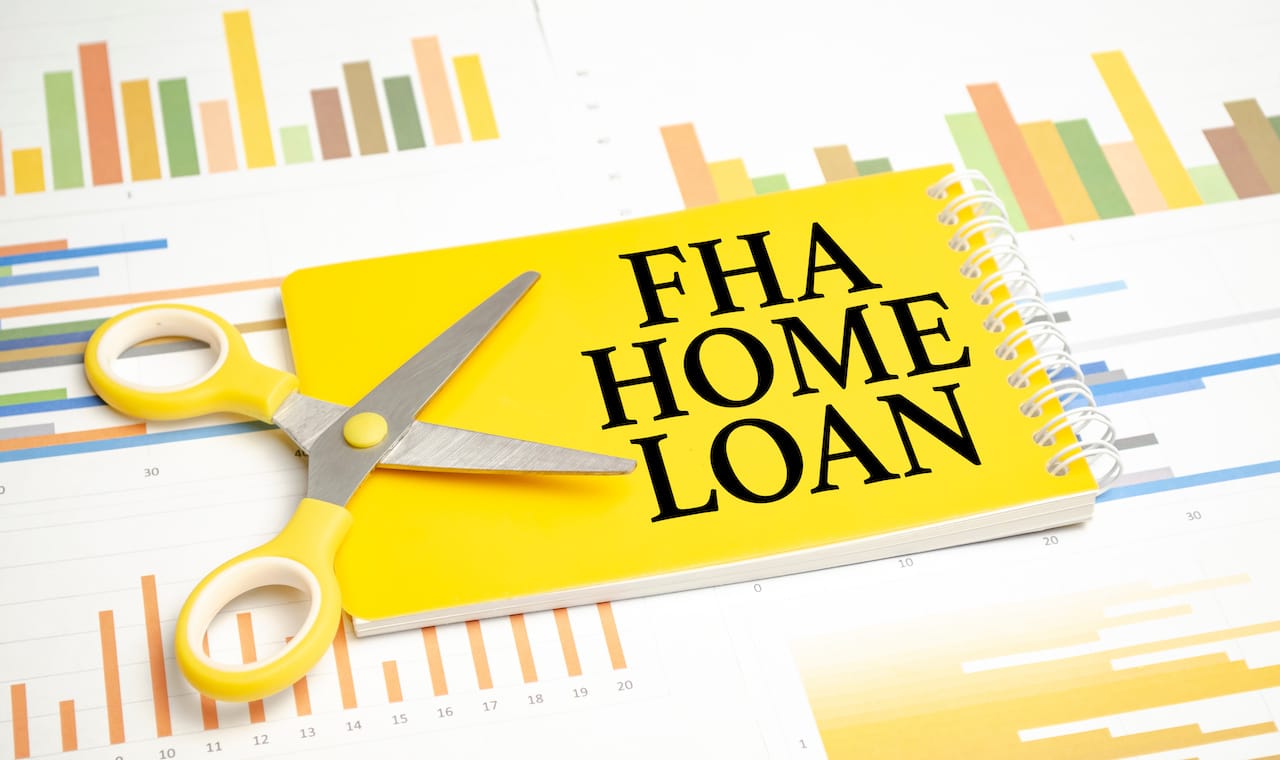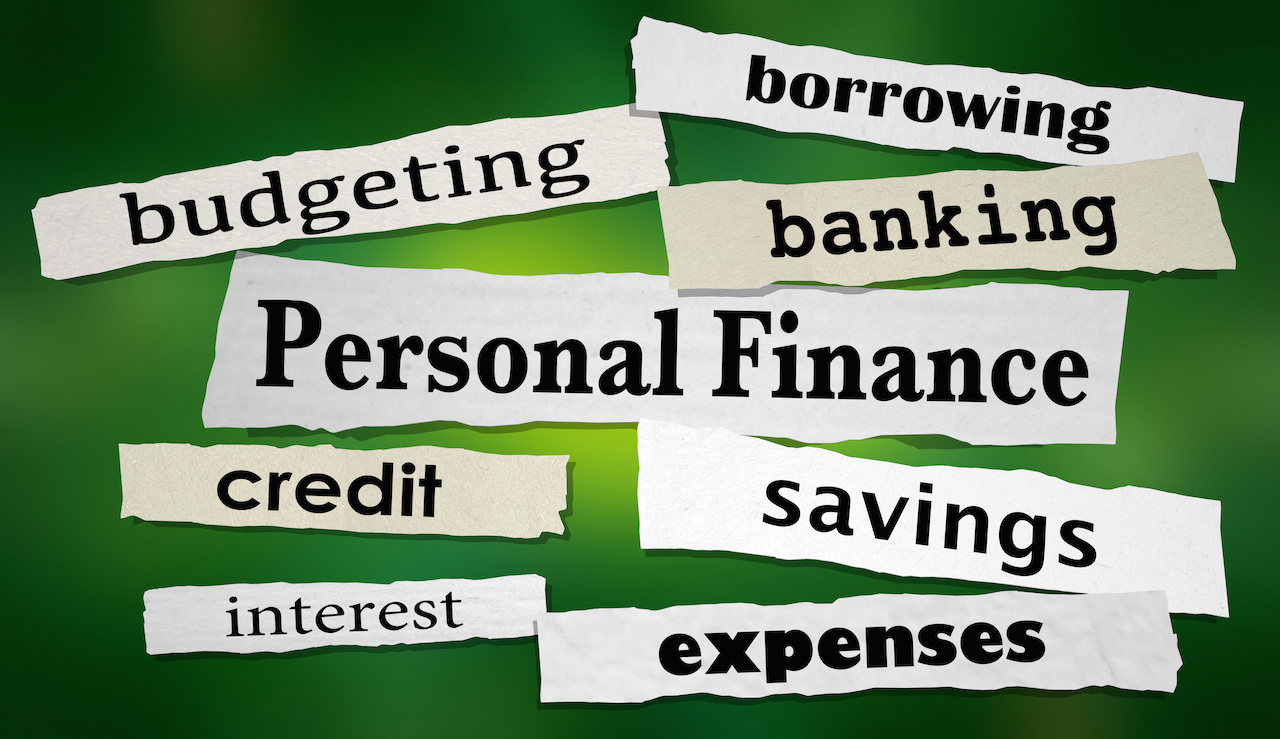Credit Sesame on options for a mortgage with a 500 credit score.
Your credit score is a significant factor when mortgage lenders underwrite your loan application. While very few mortgage programs exist for homebuyers with credit scores as low as 500, some options may be available to you:
- FHA home loans
- Non-prime loans
- Seller financing
- Hard money loans
We’ll take a closer look at each of these options, their advantages and drawbacks, and how to improve your chances of getting a mortgage with a 500 credit score.
FHA home loans for low credit scores
The Federal Housing Administration (FHA) is a government agency that insures loans made by FHA-approved lenders. The FHA home loan is one of the most popular loan programs for homebuyers with low credit scores. FHA mortgage guidelines allow scores as low as 500 with a 10% down payment. However, very few applicants are approved with a credit score this low.
Your ability to get an FHA mortgage with a 500 credit score depends on the reasons for your poor credit score. If it’s low because you have a limited credit history or high credit usage, you have less trouble than if it’s bad because of serious blemishes like missed payments, collections, charge-offs, bankruptcies, foreclosures or repossessions.
Borrowers should also understand that many FHA lenders apply “overlays” when they underwrite loans. Overlays are guidelines that are stricter than those set by the FHA. For instance, many lenders set their own minimum credit scores between 580 and 640.
FHA compensating factors
For borrowers with credit scores under 580, FHA requires lenders to underwrite the loan manually using a scorecard.
To get an FHA mortgage with a 500 credit score, you probably need exceptional “compensating factors,” to strengthen your application. Here is a list of common compensating factors that FHA underwriters may be able to use to justify approving a mortgage with a 500 credit score:
- Housing expense payments: The borrower has successfully demonstrated the ability to pay housing expenses greater than or equal to the proposed monthly housing expenses over the past 12-24 months.
- Down payment: The borrower makes a large down payment of 10% or higher toward the purchase of the property.
- Accumulated savings: The borrower has demonstrated the ability to accumulate significant savings.
- Conservative use of credit: The borrower does not use credit excessively (this would be reflected in the debt-to-income ratio).
- Substantial cash reserves: The borrower will have, after closing on the home purchase, enough cash to cover at least three months of payments in the event of a financial emergency.
- Additional income: Some income may be available to pay a mortgage but not counted for underwriting. For instance, income from a second job, commissions or bonuses received for less than two years.
- Trailing spouse: A borrower’s spouse’s income is a compensating factor if one borrower moves for a new job and the spouse works but has not yet found a new job.
- Substantial non-taxable income: If a borrower’s income is not taxable, underwriters can adjust the income upward.
- Potential for increased earnings: The borrower can reasonably expect to earn significantly more in the future because of acquired training and experience — for example, a recent medical school graduate.
FHA mortgage pros and cons
The FHA loan offers a few advantages for borrowers with smaller down payments, higher debt-to-income ratios or low credit scores. First, you can use gifted funds for your down payment. Acceptable gifts can come from a family member, employer, or charitable organization. Second, the program allows home sellers to cover some or all of your closing costs. And third, FHA home loans allow you to bring in a non-occupying co-borrower or co-signer to boost your approval chances.
The main drawback to FHA home loans is the mortgage insurance premium (MIP). When you borrow with an FHA mortgage, you incur a 1.75% upfront MIP and an annual MIP of .5% to .7% for 30-year loans with at least 10% down. You can usually wrap the upfront MIP into your mortgage. For a $500,000 loan, the upfront MIP would be $8,750. If you add that to your home loan, your mortgage amount becomes $508,750, and the annual MIP would be .5% per year or $212 per month. However, the MIP on an FHA loan may be cheaper than higher interest rates charged for other types of loans.
Non-prime loans
What used to be called subprime loans are now called “non-QM” mortgages or “non-prime” loans. Non-prime loans are another option for homebuyers with a 500 credit score. Non-prime lenders specialize in providing mortgages to borrowers who don’t qualify for traditional home loans. These lenders charge higher interest rates and fees than traditional lenders, but they are more flexible in their lending criteria.
Non-prime lenders typically require a larger down payment, at least 20-30%. Documentation may be different from a traditional mortgage — for instance, you might be able to prove your income with bank statements instead of tax returns. Non-prime lenders often don’t require a waiting period following a bankruptcy, foreclosure or another serious event.
Non-prime lenders may allow loans with a co-signer or co-borrower. A co-signer agrees to be responsible for the loan if the borrower defaults, while a co-borrower shares the responsibility for the loan and is equally liable for the payments. Having a co-signer or co-borrower with good credit doesn’t make up for bad credit with a traditional loan, but it can help with a non-QM lender.
Non-QM loans are harder to find than FHA mortgages and they are not standardized. A lender can set its own underwriting guidelines as long as they comply with mortgage lending laws. Fees and terms vary widely, so expect to contact many lenders to check their guidelines and compare costs.
Non-prime loan pros and cons
Non-prime lenders often move faster than traditional mortgage lenders. They may allow alternative ways of documenting your income or let you add a co-signer or co-borrower to qualify. Non-QM loans may allow trickier properties like condotels and kit homes or let you use roommate income or short-term rental income to qualify. Most non-prime loans don’t require mortgage insurance.
However, non-prime loans typically have higher interest rates and fees. This can make paying them a challenge and increase your risk of foreclosure.
Seller financing
While not common, some sellers are willing to finance the sale of their homes. Often, they have no mortgage balance to pay off with the proceeds of the sale, and they may prefer a series of payments and some interest income. Your real estate agent may be able to help you find sellers willing to finance your purchase.
Sellers are exempt from most consumer protection laws that lenders must obey, so you need to do your own due diligence. Even though your lender won’t require an appraisal, for instance, you should hire a licensed appraiser to ensure you’re not overpaying for the property. Similarly, you probably want a property inspection to avoid unexpected defects. And it’s smart to have a real estate attorney look over any seller financing agreement for your protection.
Your seller financing may not be a traditional 30-year loan. You might get a five-year term with a balloon payment, for instance. In that case, you must pay off the seller’s loan in five years by refinancing or selling.
Seller financing pros and cons
Seller financing can be a lifesaver, especially if your seller charges lower rates and fees than a mortgage company or private lender. However, sellers who finance understand that your options are limited and can drive a harder bargain — charging more because you can’t negotiate aggressively. They may also push you to forego inspections and an appraisal or charge very high interest rates and fees. And if your loan has a balloon payment, make sure you can refinance or sell if needed.
Hard money loans
“Hard money” lenders are individuals or groups of investors who specialize in expensive, short-term mortgages to nontraditional buyers. Hard money loans are also called “private money” mortgages.
Most hard money buyers are real estate investors like home flippers who borrow and repay money very quickly. However, hard money lenders also make loans to borrowers with poor credit.
Hard money lenders operate under different rules from traditional mortgage lenders. They are less concerned with the borrower’s credit scores because they protect themselves by requiring a larger down payment. This minimizes the chance of losing money if they have to foreclose.
Hard money interest rates and fees
If you borrow using hard money, expect to pay 12% to 25% interest. Your actual rate depends on factors like your credit history, real estate investment experience and the extent of repairs needed to the property. If you have severe derogatory credit history like bankruptcies, foreclosures, judgments, or collections, expect to get an offer on the higher end of the spectrum.
Hard money pros and cons
You may be able to finance with a hard money loan in just days rather than weeks. Hard money is typically used as a bridge loan or for a fast transaction. However, hard money lenders can finance primary residence purchases if they abide by consumer protection laws.
Most hard money lenders, however, do not lend for non-business purchases. If you do finance your home with a hard money loan, exercise caution.
Hard money loans:
- Have much shorter terms, usually anywhere from one to three years. If you cannot qualify to refinance by then, you may have to sell your home or risk losing it to foreclosure.
- Have interest rates and payments that are significantly higher than they’d be with an FHA or other traditional loan. That increases the chance of falling behind on your payments and losing the property.
- Require 25% to 40% down. That’s a lot to lose if you default and end up in foreclosure.
Be careful if planning to get a mortgage with a 500 credit score. Most consumers would be far better off putting off a home purchase until their credit score, income, debts and savings are good enough to qualify them for a traditional mortgage. Credit Sesame’s educational content and credit-builder service can help you accomplish this goal sooner.
Disclaimer: The article and information provided here is for informational purposes only and is not intended as a substitute for professional advice.




















